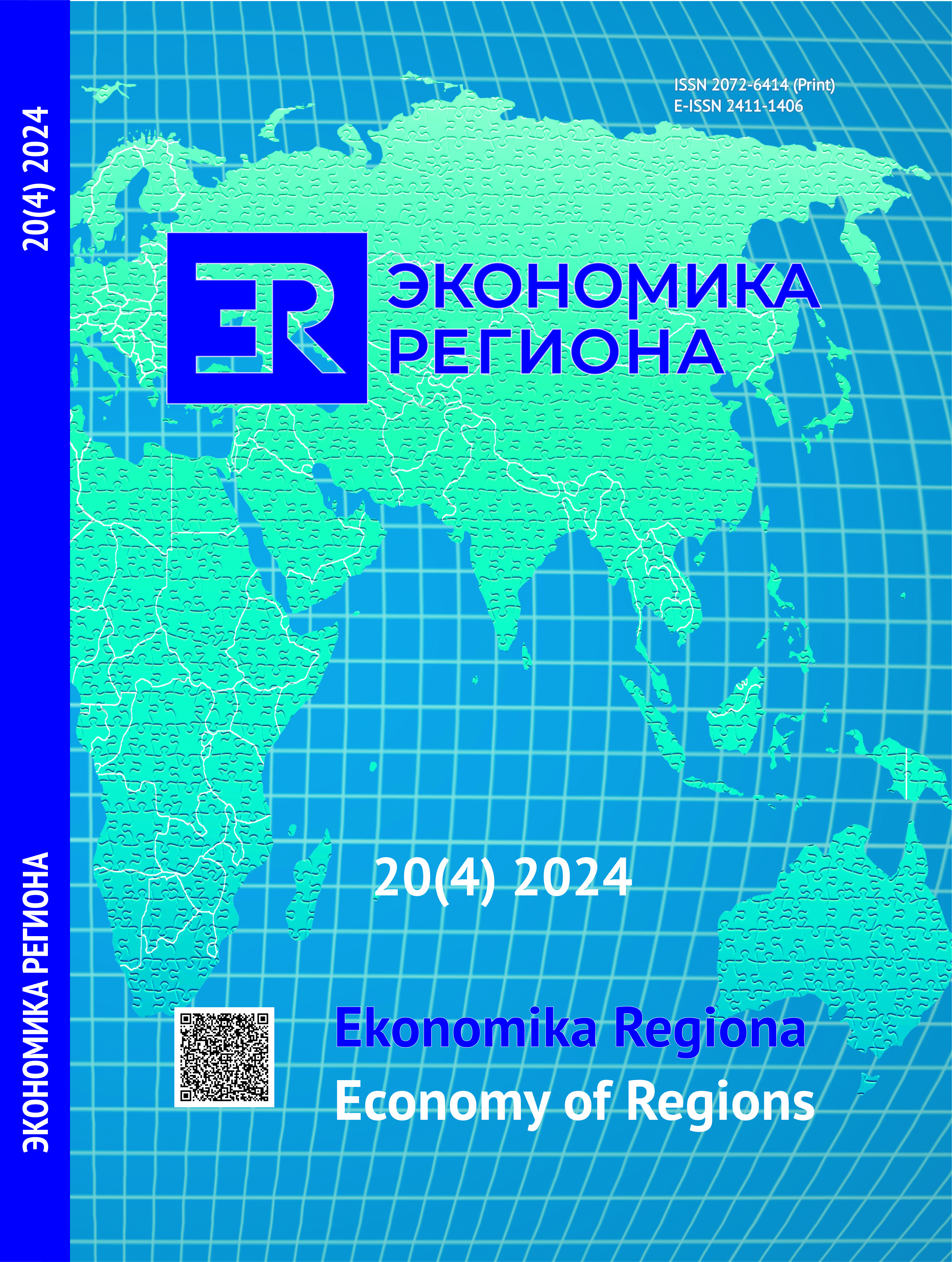Декаплинг как инструмент оценки устойчивого развития промышленного комплекса
Decoupling as a Tool for Assessing the Sustainable Development of Industrial Complexes
Author(s): Anna Alexandrovna Urasova, Lyudmila V. Glezman, Svetlana S. FedoseevaSubject(s): Economy, Business Economy / Management, Energy and Environmental Studies
Published by: Институт экономики Уральского отделения Российской академии наук
Keywords: industry; industrial complex; decoupling effect; greening of production; environmental safety; sustainable development matrix;
Summary/Abstract: Accelerated industrial growth and technologisation bring to the foreground issues of environmental impact, making it crucial to assess how industrial production affects the environment. This assessment is crucial for measuring progress toward the sustainable development of regional industrial complexes. The study posits that the decoupling effect is a key indicator for evaluating these prospects. The study proposes a theoretical approach that links the sustainable development of industrial complexes with environmental conditions, alongside a methodology for assessing the decoupling effect. This methodology combines correlation analysis, an audit system of environmental and economic metrics, and the OECD’s decoupling framework. Through this lens, the study examines industrial complexes in the Ural Economic Region (Russia) from 2016 to 2022, revealing a stable relationship between economic growth and environmental conditions in these areas. The combined use of these methods is a key advantage, enabling the positioning of industrial complexes within a sustainable development matrix. This matrix evaluates both the magnitude of the decoupling effect and environmental impact. The analysis identifies the industrial complexes of Perm Krai, Orenburg, and Sverdlovsk regions as dynamically sustainable; the Kurgan Oblast, and the Republics of Bashkortostan and Udmurtia as relatively sustainable; and the Chelyabinsk Oblast as transitioning toward sustainability. The findings open pathways for future research on the decoupling effect as both an indicator and a tool for achieving sustainable industrial development. Moreover, they provide a basis for defining strategic directions and limitations for sustainable industrial growth in an environmentally conscious economy, while positioning specific complexes within the broader framework of Russia’s environmental and economic industrial development.
Journal: Экономика региона
- Issue Year: 20/2024
- Issue No: 4
- Page Range: 1223-1237
- Page Count: 15
- Language: Russian

